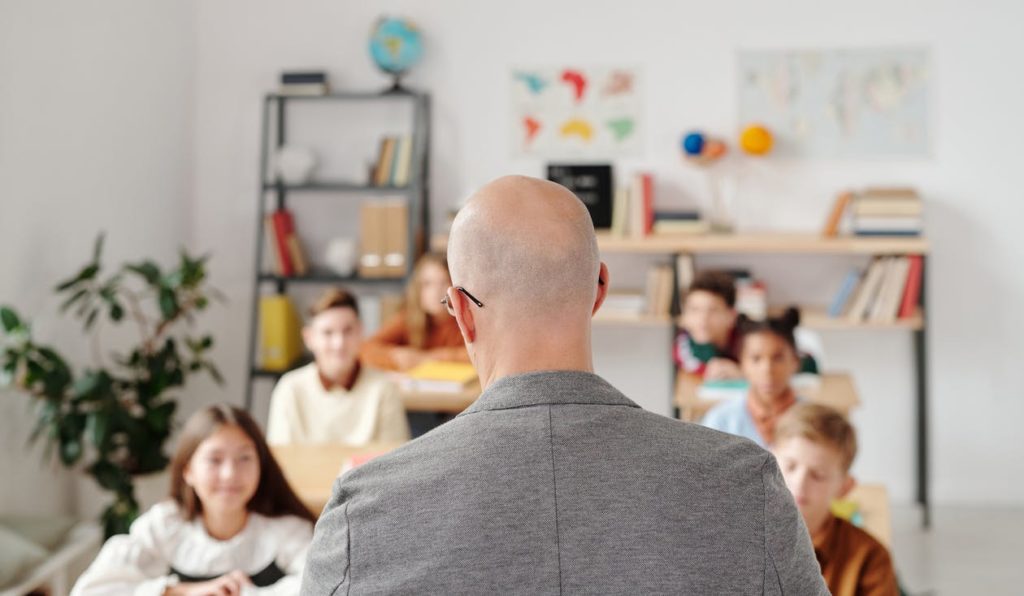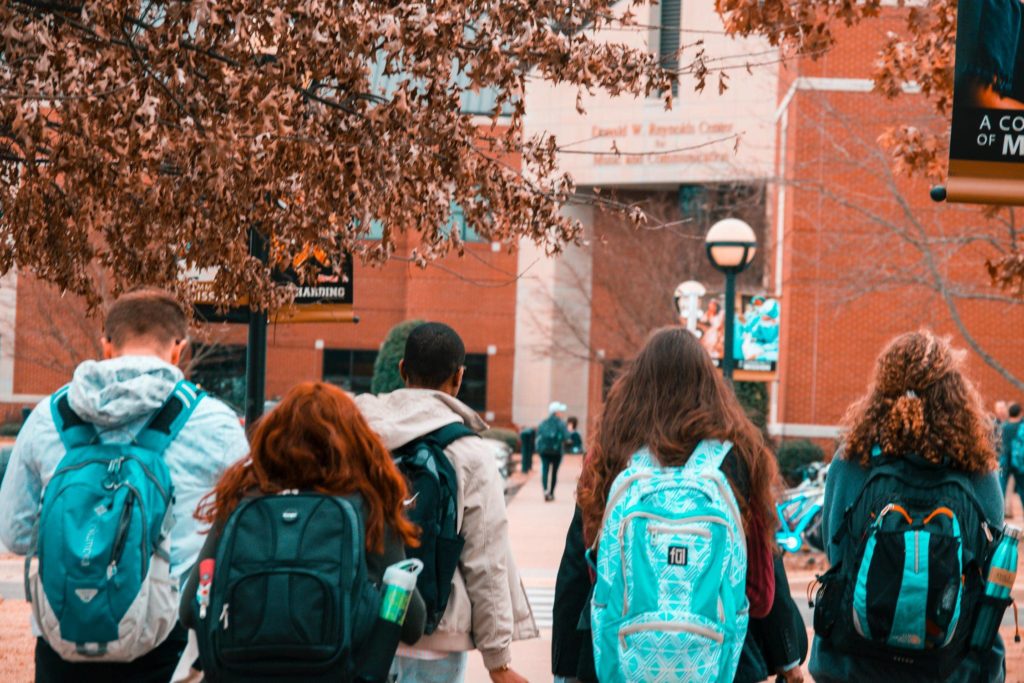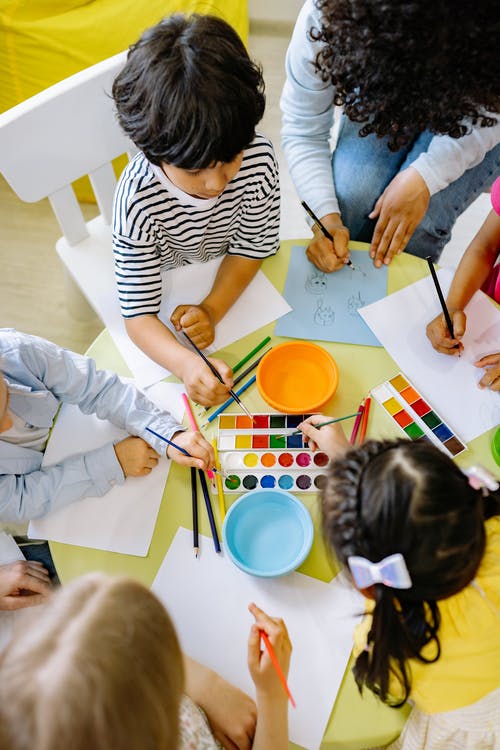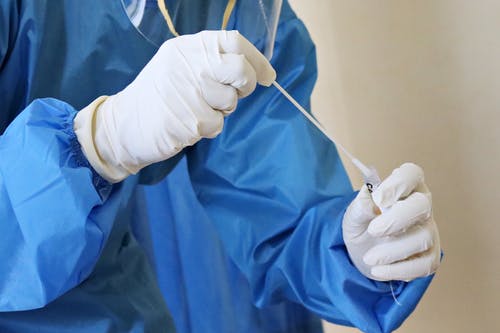Hands of Hope, a division of Family Service Society, Inc., announced today its transition from a domestic violence shelter to a new innovative mobile advocacy model to better serve victims and survivors of domestic violence, sexual violence, and stalking. Through this new innovative approach, Hands of Hope will reach more victims and survivors through increased access points, locations, and services. The significant difference is meeting victims where they are – in a safe location of their choice.
“While we have helped hundreds of men, women, and children in the shelter over the years, we acknowledge that communal living is hard, shelter is expensive and capacity is limited,” said Linda Wilk, Hands of Hope Director. “We’ve heard from many victims that they don’t want to enter a shelter. We believe mobile advocacy will allow us to reach individuals and families who may be in danger and those who may have never reached out to us for services before because of the barriers often associated with entering a shelter.”
Mobile advocacy is a client-focused model that allows greater customization of services to a more diverse population. One of the most significant advantages is advocates can provide flexible meeting locations for services rather than clients coming to the shelter for services. This new model has been proven successful across the nation. In Indiana, the Center for Women and Families in Southern Indiana made the shift successfully in 2018. Additionally, the Adams Wells Crisis Center in successfully transitioned to a mobile advocacy service model in 2019.
Nationally, domestic violence shelters are only reaching about 5% of individuals who are experiencing abuse. With the mobile advocacy model, programs can significantly increase the reach of their services by removing challenges victims must often overcome to access services.
The transition to mobile advocacy in other communities has provided advocates the unique ability to serve victims more effectively by going to them – in a safe and secure location. Emerging evidence in the domestic violence field shows the effectiveness of the mobile model for reaching more survivors. When programs across the state of Iowa transitioned to the mobile service model in 2014, they doubled the number of domestic violence survivors served, and quadrupled the number of sexual violence victims served.
As of Sept. 1, Hands of Hope fully transitioned out of its traditional residential facility. The organization will continue to provide survivors with a range of options that align with their safety and independence needs. Hands of Hope will continue to partner with law enforcement, other community organizations, and regional shelters to ensure that survivors safety needs are met. When emergency shelter is needed, 2 Hands of Hope advocates will provide accommodation solutions that best suit each client’s situation. Additionally, they have increased capacity to support survivors’ longer term stability goals, including sustainable housing.
Throughout the course of establishing mobile advocacy, Hands of Hope assessed the needs of the community, interviewed survivors, communicated with key partners and determined how to best meet the needs of those seeking services. Hands of Hope is fully prepared, staffed and committed to serving as many victims as possible in the most effective and efficient ways possible. Working in partnership with victims and survivors, mobile advocacy is focused on safety and supporting survivors.
“We have always been at the forefront of leading the adoption of innovation in domestic violence programs and services,” said Wilk. “We believe this innovative change is the right one for survivors of domestic violence or sexual violence in our community and all who are committed to their safety. We are excited to begin this journey and to serve our community in a whole new way!”
As part of the transition in services, Hands of Hope also went through a rebranding process and updated its logo to better reflect its service and mission. The butterfly is a metaphor for transformation, growth and change. The circle represents motion, warmth, comfort, hope, and a new start. The simplicity of the font represents stability and a strong foundation. The new logo is also a reflection of the belief that Hands of Hope is inclusive and open to all.
For more information, visit http://www.famservices.com/mobile-advocacy/ or call the 24-hour helpline at 765.664.0701.












